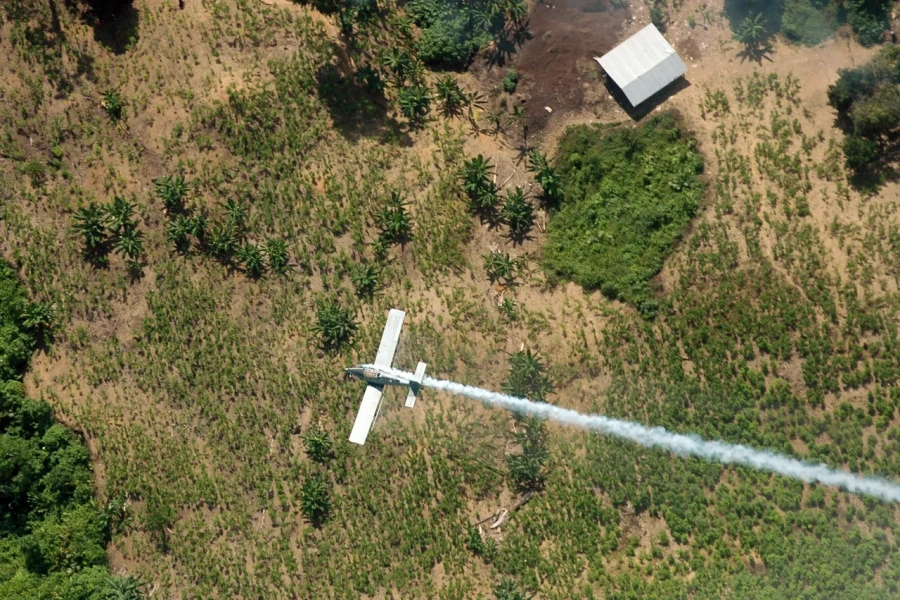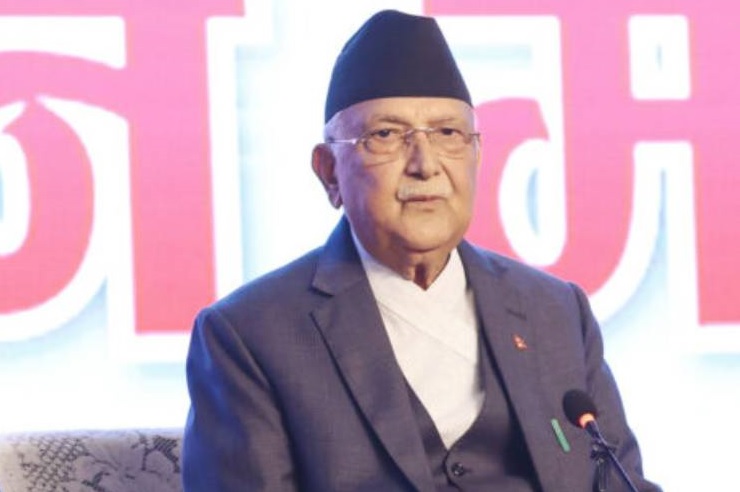“I have no land; I have no home to call my own. I am waiting to die, and God knows if the house owner will allow my community to perform my last rite according to our tradition. I lived fearfully all my life and will die fearfully. I have never wanted a home so badly as I do now,” Sita Badi (name changed) from Tulasipur Dang exclaimed as she expressed the pain of dying in someone else’s home. All her life she was discriminated against, humiliated and her dignity was continually violated on accounts of her belonging to a ‘low caste’. This humiliation and indignity that defined her life is what she fears will now define her death.
The economic importance of land has been much discussed and understood in Nepal, even though not much has been achieved in terms of its equitable distribution. Land ownership has a potential to enhance the overall household and individual wellbeing by multiplying economic prospects through diverse channels including direct access to produce and increasing access to liquidity through credit, land rental and sales. However, land is not just an important economic means in an agrarian society like Nepal. Here, land is a vital source of socio-cultural and politico-economic standing and an undeniable road to dignity and respect. The historically favored privileged class and caste have continually sustained their power and privilege largely through control over land and consequently, the marginalization of communities like Dalit, women, indigenous people have been largely secured by severely limiting their access over land.
The control over land and the economic means of production became a basis for control over socio-culture and political practices of the marginalized and oppressed communities which cemented the socio-cultural practices of privileged caste-class as the standard practice. Till date, the richest 7% of households own about 31% of agricultural land. Dalits comprising over 20% of the country’s population possess only 1% of arable land, 75% of them are functionally landless. The ceaseless marginalization of deprived communities can thus be understood in relation to access over important resources, prominent among which is land.
Vitality of Ethics and Dignity in Human Existence

Apart from the obvious economic benefits, land is a vital socio-cultural and political asset. Land forms a basis for cultural practices, social existence and continuity; provides a sense of security against uncertainties, and above all gives a vital sense of belonging. Consequently, landlessness is inextricably connected with the lack of control over resources, including skills, knowledge, capital and social connections perpetuating unemployment, poor housing facilities, underrepresentation, poor health conditions, lack of proper education, and lack of access to governmental services. Thus, landlessness has to be understood in terms of wider structural inequalities and social structures. As such, the equitable distribution of land can be a powerful tool not only to secure economic prosperity but can also be instrumental in combating discrimination and marginalization to realize the vision of inclusive and equitable society.
Land and its role in enhancing dignity among historically marginalized communities has been increasingly realized in Nepal. Control over land irrespective of how small it may be, has been known to provide a foundation for a new life of dignity and respect among many former Kamaiya-Kamlari, Haliya, Dalits, Mohi and other marginalized communities including women. A Badi struggle movement activist shared that in Chisapani, Lamkichuwa, Kailali 130 families have acquired land through government’s assistance which has given them much security and confidence. She stated “ If nothing we have a place to live and die and no one can take it away from us now. It has also given a sense of stability for many Badi community members who even until recently lived on informal land. We no longer have to fear abuse, threats or eviction. People look at us differently now. Isn’t that a great relief!”
Land ownership can also lessen the gender divide as in the case of a 70 year old woman from Charghare, Bardibas, who acquired joint land ownership with her husband in her late 60s. On being asked why she wanted joint ownership at this stage of her life, she said it was for respect and equal status in her household. She explained that her daughter-in-law has started to take better care of her just as she does to her father-in-law. She feels she is somehow equal to her husband now. In her case, there is no denying that land ownership improves social standing and restores dignity and respect.
The last decade has brought about many important legal and structural changes in favor of the marginalized communities. And yet, the Nepalese society is yet to do away with discrimination and marginalization of a significant part of the population whose roots are firmly set within the socio-political power set up within the caste-class hierarchy. Power has not been transferred outside of the traditional power-holding community, and the overall social structure is decided largely through control over land. Thus, it may be safe to say that the efforts to improve the socio-economic status of deprived communities must be substantiated by their access to vital resources, including the access and control over land.
Understanding land as a base for prosperity, security and dignity highlights its formidable importance to assist the marginalized communities realize their economic as well as socio-cultural aspirations. This might also help people like Sita Badi be at peace at the later stages of life knowing that her last rites will be according to her wish, and in a place that she owns and belongs to. Thus, the ongoing land allocation program should focus on the marginalize under the principle of a just society.








































